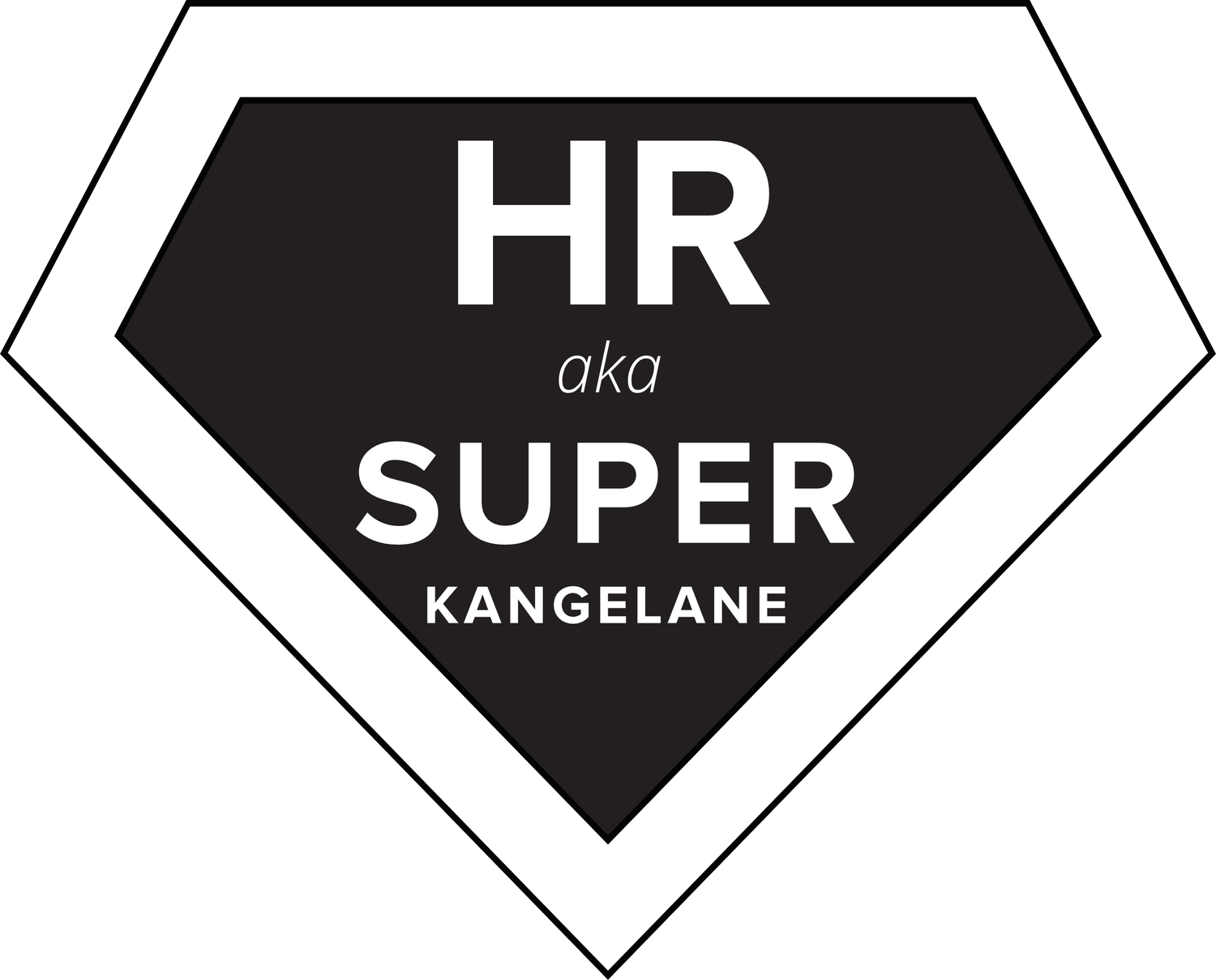Unlocking Work-Life Balance: The Right to Disconnect and Transforming Workplace Culture
The rapid development of information technology has brought us the opportunity, and as it turns out, the mental burden of always being within reach via digital channels. There was an upward trend in working from home already before, but the drastic change to work from home happened because of the pandemic. We lost clear boundaries between work and life.
According to a paper published recently, three out of five people would think about switching jobs in case their current employer would invite them back to the office full-time. At the same time, people are in a bad mental state and need support more than ever. Employees have turned their heads to governments for solutions. They’ve come up with the concept of Right To Disconnect: our human right to disconnect from work calls, emails and tasks after a work day without any consequences and threats to our jobs.
On the other hand, the problem of overworking, burnout and incapability of disconnecting from work already existed before the pandemic. One third of people checked their work email at least once every hour after work, so altogether they worked up to 8 additional hours every week. At the same time it is known that over hours are in direct negative correlation with productivity.
Employers’ focus on mental health significantly increased with the WFH setup, but at the same time the problem got bigger. In the good old office times judgments about our colleagues' well-being were mainly based on what we saw when talking to people face to face and spending time with them side by side. We could actually see if someone was off, the feedback was instant. We were there to help. Then, once working from home happened, we had no clue how people were really doing.
People find it difficult to switch off from work, especially when they are just one click away from their colleagues, regardless of the hour. I fully understand the conscientious and dutiful workers who are now facing even bigger conflict with work-family balance. It is difficult to draw a line. This has brought the mental stress which has decreased our overall life contentment.
Germany chose to self regulate the “Right to Disconnect”. France and Belgium have laws in place, and the EU has written a legislative act that sets out the goals related to the right to disconnect. Apple chose to return to the office-first policy, even if it was an unpopular decision.
More regulations won’t fix the problem
No government can change your work culture. “Right to Disconnect” bill won’t fix the root cause. Do you want to make your people feel that they need to look for a sense of security on the governmental level first before coming to discuss the work-life balance with their employers? Regardless of the legislation and rules, joint effort is needed from both the employers and employees to set work principles that would work for both parties. Controversially, regulations add unnecessary complexity to employee’s increasing demand for work flexibility. There has to be a better way.
Employees on the other hand don’t have to accept organisations where they are expected to take work assignments after hours. We are all fighting for the brightest talent, no company has the privilege to not respect its employees’ boundaries. It will just make unhappy employees vote with their feet by leaving for more flexibility and freedom to another company. It's their choice to choose.
Lead the change towards healthy work-life balance by setting an example
Changes take time and you can’t fix everything at once. Start by taking more ownership within one’s organisation and team. Take time to openly talk to the team and set the work principles that people are ready to follow. Make the agreements and expectations available in black and white. Fixing this topic is directly in our circle of influence, as Stephen Covey puts it.
Leading by example is a good change maker. I was recently a recruitment partner for a startup Yaga that is showing really good growth without the expense of their people. I worked from their office for a short period of time and observed very healthy habits.
Out of many, I’ll bring you one example. As I wasn’t working from Yaga's office every day and they follow a hybrid work model, I was pinging Yaga’s founder Aune with recruitment updates on Slack for multiple hours while working on the project. She did not reply for some hours. Not even a word. She kindly got back to me later around 4pm by saying that she had an intense day and she’ll look into it tomorrow morning with a clear head. How refreshing it was to hear that! Managers tend to feel they need to be superheroes providing answers 24/7. Needless to say, as I knew she had been busy, I had no expectations whatsoever for her to reply during other meetings or when she had one free minute between meetings. I had everything under control. But this simple humane sentence telling me that “it can wait till morning” gave me the confidence that she knows how to prioritise and keep her focus. And most importantly, in this mere second I felt the sensation of relief and trust. Trust that I am not silently expected to work after hours to prove anything, and I was enough - Aune was setting a great example. And don’t get me wrong, she did prioritise the recruitment and she was on top of it, just nothing wouldn’t have changed if she would have looked into it later in the same evening.
This brief example and many other observations explain why their retention rate is remarkably high. Customer support average tenure is over 2 years, typically in the field of customer service it is around 8 months or up to a year. Knowing this, I strongly believe that Yaga’s employees don’t feel the need to go and fight for their right to disconnect. It is already there.
We are so connected and so within reach all the time. It is time to unlearn some of that connectedness with your colleagues and use the Right To Connect in a more meaningful way. Connect with yourself, family, friends, hobbies. And don’t worry, tomorrow is a new day to return behind your computer and continue where you left off. Just now you have more to give than you had yesterday.
Artikli autor

















